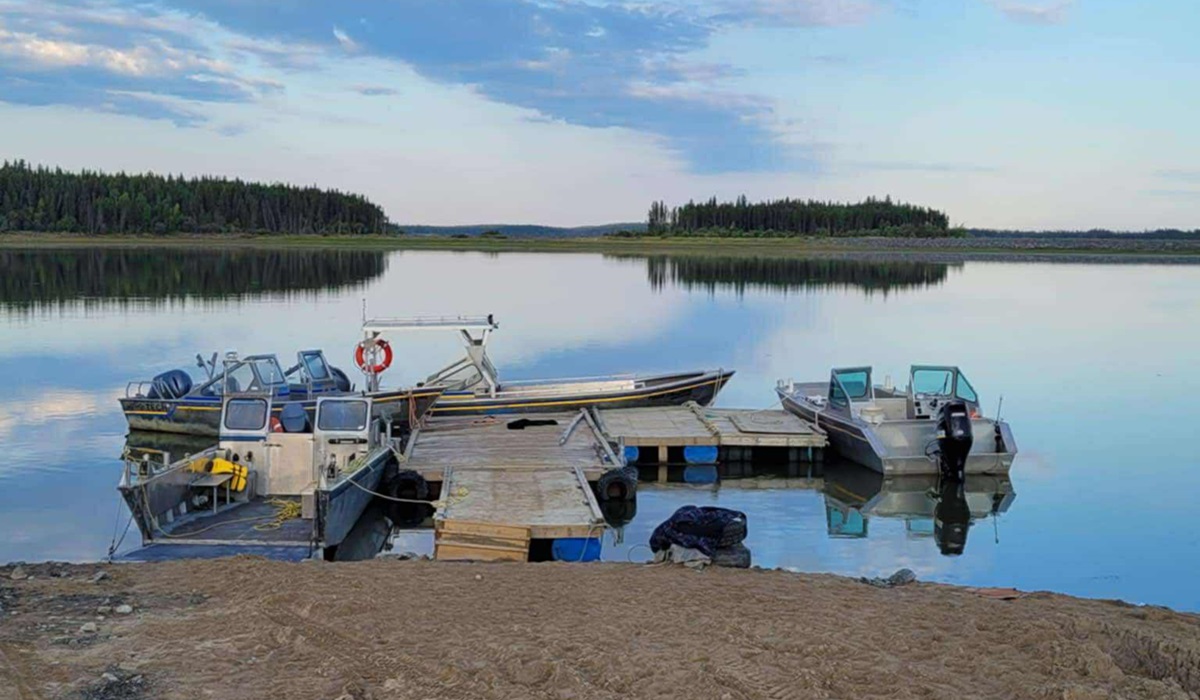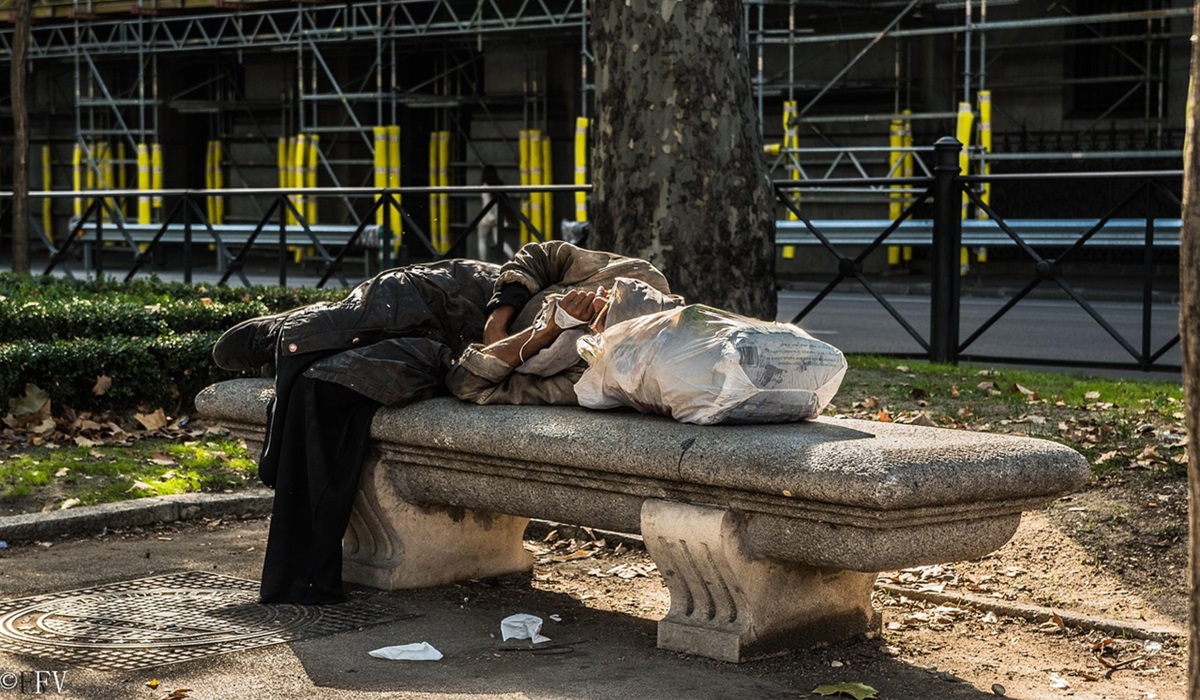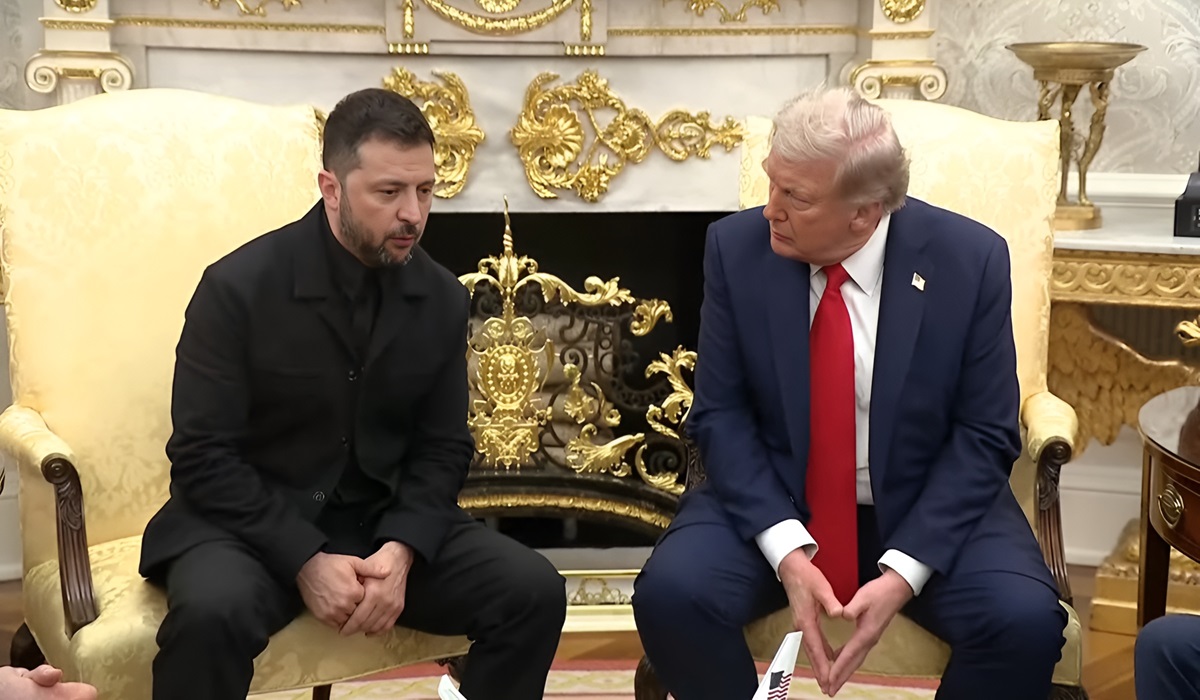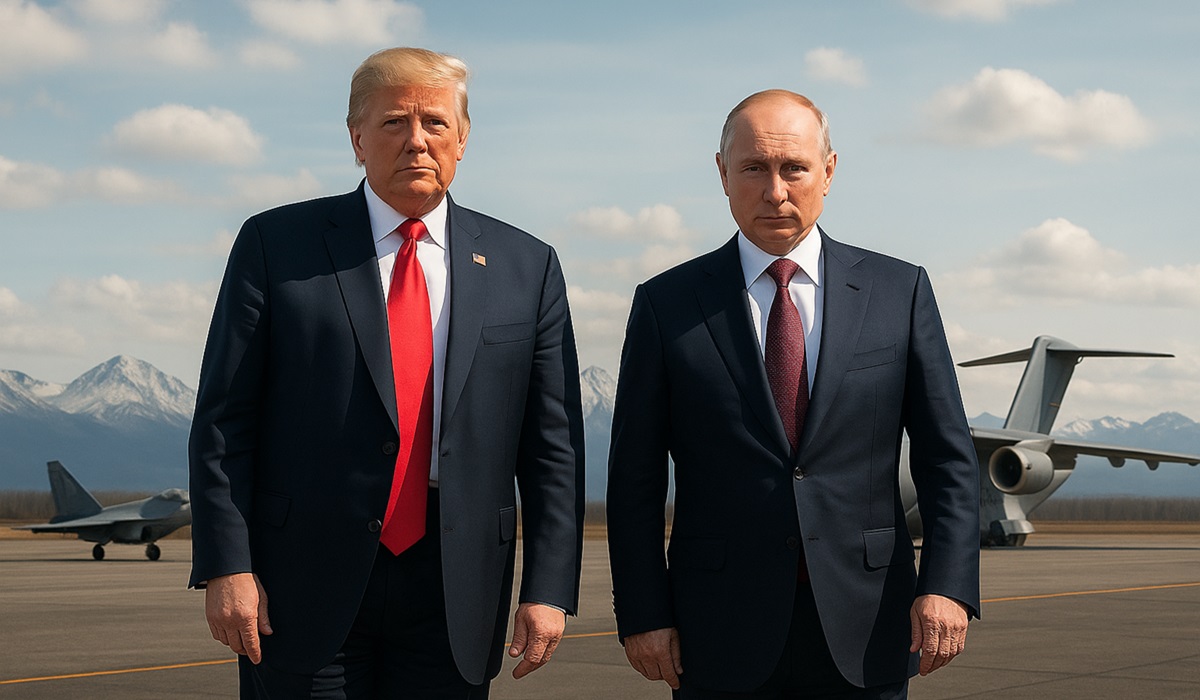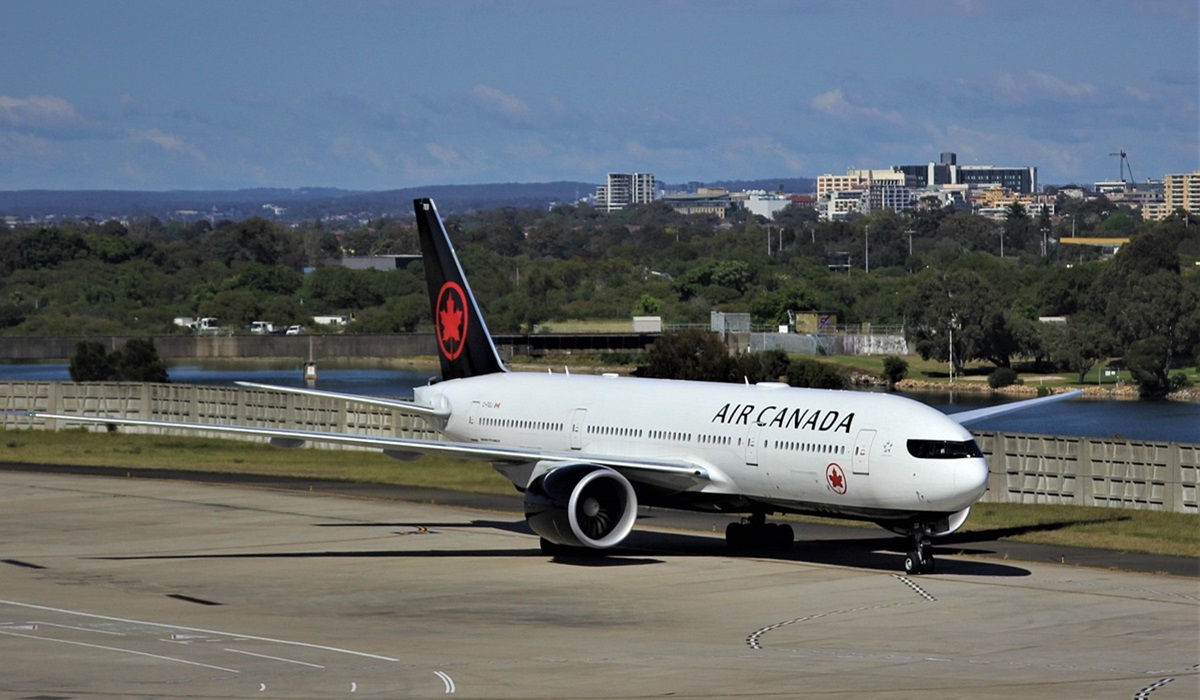Real Debate Happens Outside the Party: Ruby Dhalla’s Live Stream Overshadows Liberal Snoozefest
- Naomi Dela Cruz
- Breaking News
- February 26, 2025
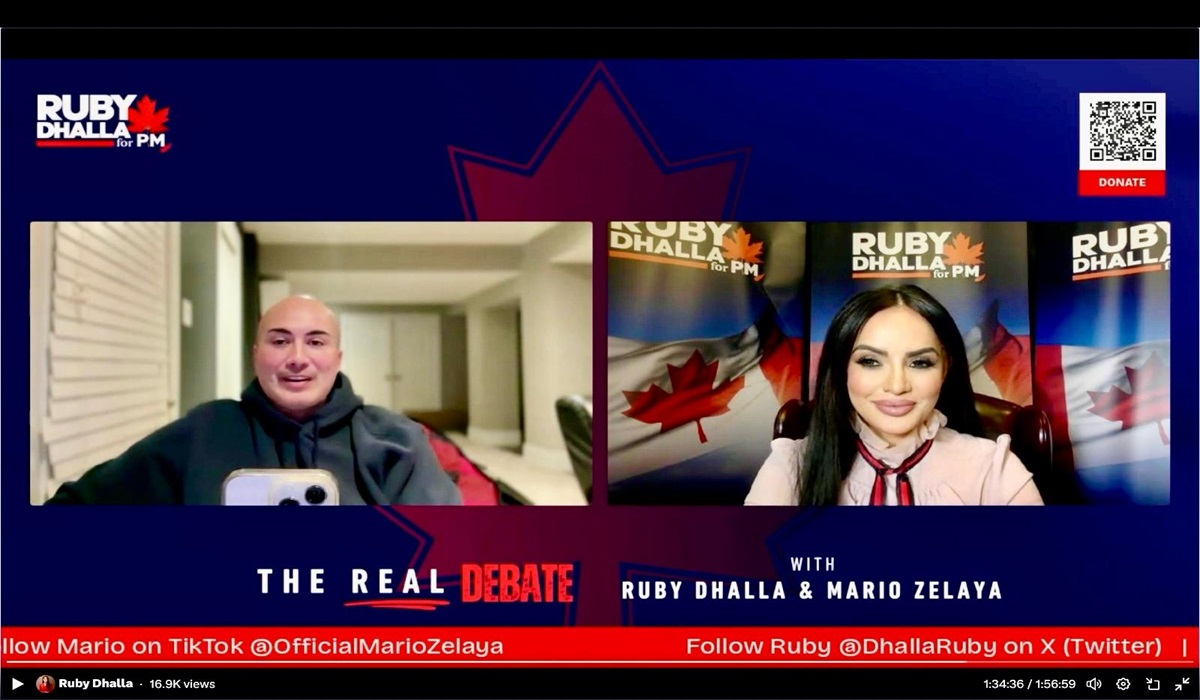
The final official debate in the federal Liberal Party leadership race was yet another uninspiring display of political déjà vu. It was a night filled with predictable platitudes, candidates nodding in agreement, and the kind of scripted, sanitized discourse that has become the hallmark of modern Liberal politics. There was no fire, no real policy clash—just more of the same empty rhetoric that has left many Canadians tuning out. The most controversial moment of the night belonged to Mark Carney, who, despite being one of the staunchest architects of the carbon tax and other climate policies, suddenly decided he needed to do more for the liquefied natural gas (LNG) sector. It was a baffling pivot from someone who has spent years stifling oil, gas, and other energy development while making billions for his friends in the financial sector, all while maintaining his deep ties to the World Economic Forum.
Another head-scratcher came from Karina Gould, who proposed giving more power to the CBC—an already heavily public-funded broadcaster. It was a moment that had many shaking their heads. In an era where small businesses and independent media struggle for funding, the idea of funneling even more taxpayer money into the government’s primary mouthpiece is the kind of tone-deaf policy that fuels public frustration. It’s one thing for the Liberals to defend the CBC’s role, but to actively advocate for expanding its power and reach is a “Watershed WTF” moment.
But the real debate, the one that actually mattered, didn’t happen on CBC or within the confines of the Liberal Party’s carefully controlled stage. It happened on a podcast, of all places, featuring Mario Zelaya and Ruby Dhalla. Dhalla, once a frontrunner, was unceremoniously shoved aside by the party after she had already contributed $350,000 to her campaign—money the Liberals happily pocketed before showing her the door. And perhaps that’s why she wasn’t welcome on the debate stage: because she would have destroyed Carney and the rest of them. There would have been no forced consensus, no polite nods—just the kind of raw, unfiltered debate Canadians actually want.
And the numbers speak for themselves. Dhalla’s live stream reportedly outperformed both CBC’s broadcast and the Liberal Party’s official stream, proving that you don’t need a multimillion-dollar setup to capture public interest. All you need is a camera, a microphone, and the willingness to actually say something of substance. If last night proved anything, it’s that the Liberal Party’s official debates are nothing more than a carefully managed performance. The real conversation is happening elsewhere.

